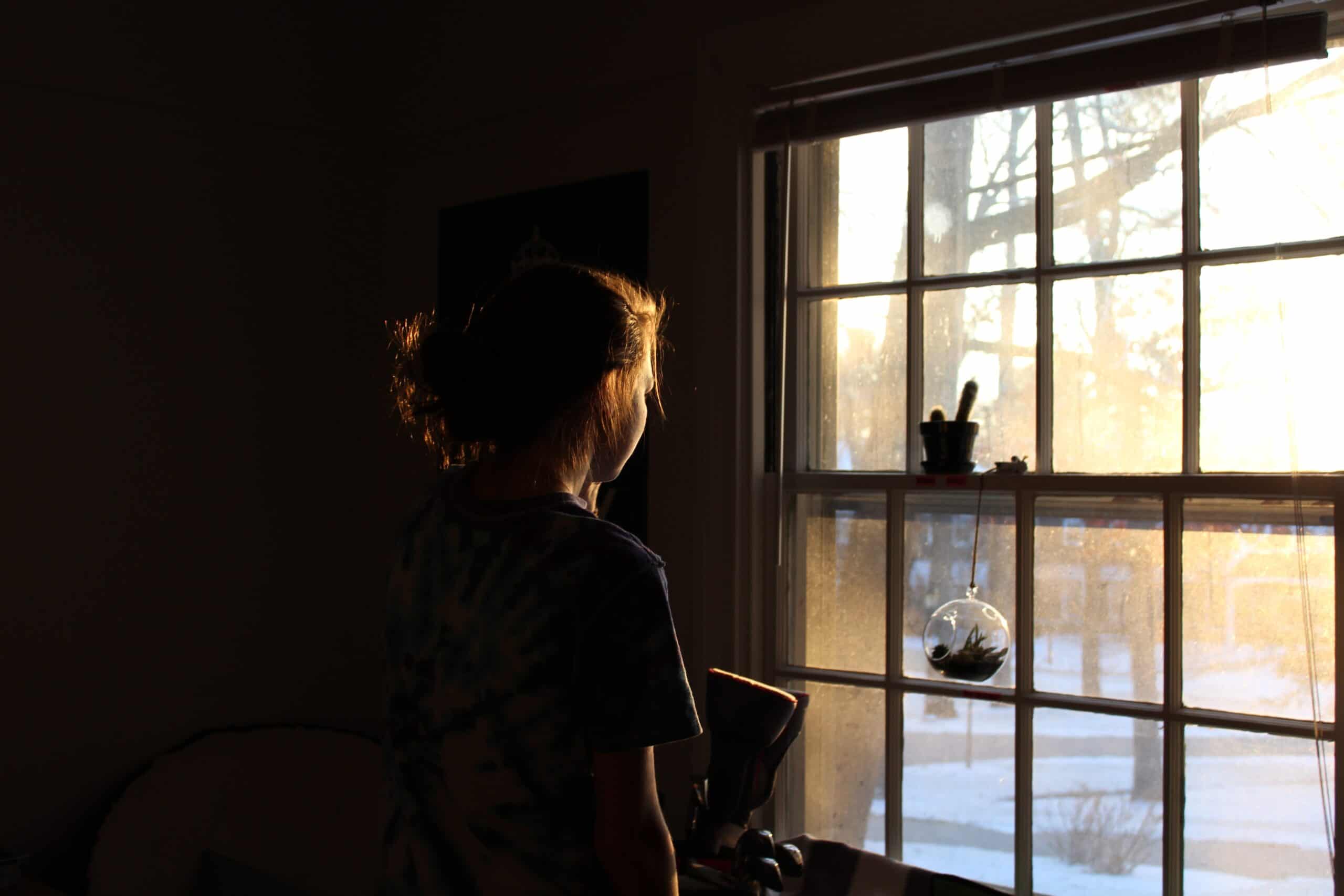Healing Trauma & Building Healthy Attachments
Any event or situation may be considered traumatizing if it has a long lasting impact on our life and interferes with our ability to go to work/school, take care of our responsibilities, and maintain relationships with others. If left untreated, trauma can sometimes lead to clinical diagnoses such as post-traumatic stress disorder (PTSD), borderline personality disorder (BPD), anxiety and depression.

Relational trauma often occurs when we have inconsistent and/or insecure attachment relationships in our lives. This may include adverse relational experiences in childhood or adulthood, such as physical, emotional, mental or sexual abuse, neglect, abandonment, infidelity, gas lighting, ghosting, and family breakdown. It may involve a childhood where parents were overly critical, abused drugs and/or alcohol, or relied heavily on children to adopt adult roles before they were developmentally ready to do so. Relational trauma often occurs when we grow up in loving families where our parents are working hard to provide for children’s basic needs, but are not as physically present or emotionally available as they wish they could be.
You may have experienced relational trauma if you:
- have difficulty trusting others and sustaining relationships
- go to great lengths to please others and have difficulty tolerating when others are upset
- avoid confrontation because it gives you anxiety
- have a hard time recognizing your strengths, value and self-worth
- create barriers between yourself and others with the purpose of protecting yourself, but these barriers also tend to push others away
- frequently do kind things for others in hopes that they will like you, even if they don’t reciprocate or are mean to you in return
- put up with unkind, narcissistic, mean and abusive behaviour from others because you recognize that they are good people underneath and you want to be able to help them
- tend to have love/hate relationships with others characterized by extreme highs and extreme lows
- may feel moody and irritable
- may experience a heightened sensitivity to what’s happening around you
When we experience trauma, and particularly when we experience trauma in childhood, it impacts our views about ourselves and the world. As children, we develop our understanding of ourselves and our world based on our experiences. If we grow up in a loving, caring responsive home, then we learn that we are valued, loved, and the world is a safe place. If we grow up in an environment that in inconsistent, neglectful or abusive, we learn that we’re not important, that no one is looking out for us, that we need to please others in order get them to meet our basic needs, and that the world is an unsafe place and we need to protect ourselves. These are only a few examples about how these experiences can impact our self-image and world view.

When healing from trauma, part of the work includes taking a look at what happened and what you may have learned about yourself, others, and/or the world from that experience. It can be helpful to attune to where these feelings and memories reside in your body and explore what they’re trying to teach you. Often we develop strategies to help us cope with the trauma we face. Although these coping strategies may have worked in the past, sometimes they can cause long term relationship problems if we use the same strategies in all situations and don’t learn to trust people who are trustworthy. Trauma healing involves exploring your values, new ways of understanding yourself and the world, how to develop healthy boundaries with others, and new coping strategies that you can use to protect yourself while also repairing and building positive relationships with others.
Healing may not be so much about getting better, as about letting go of everything that isn’t you – all of the expectations, all of the beliefs – and becoming who you are.
Rachel Naomi Remen

